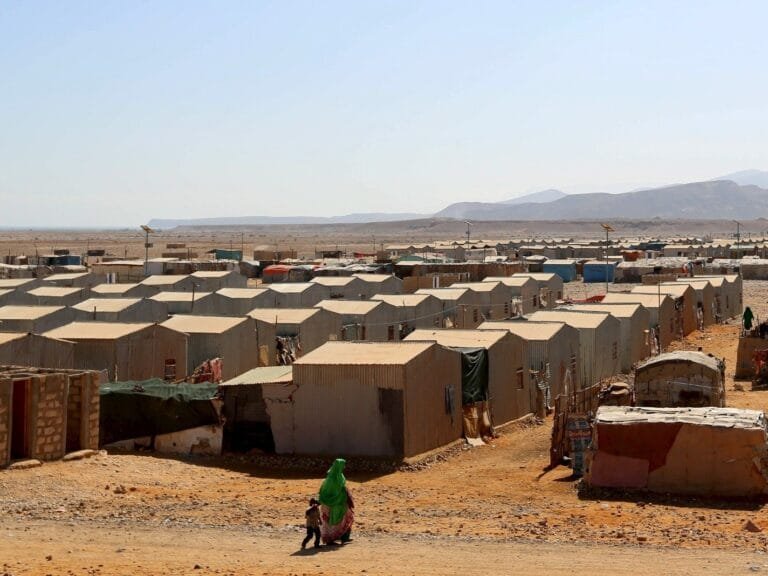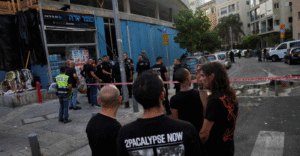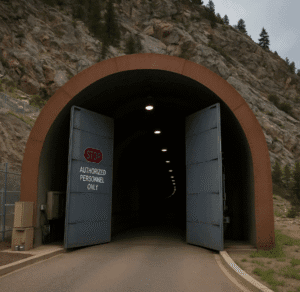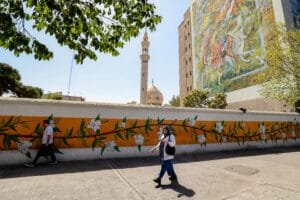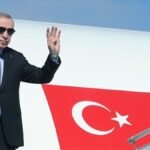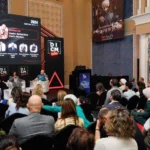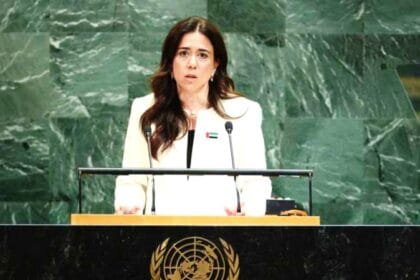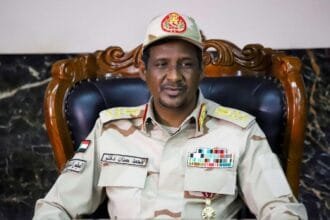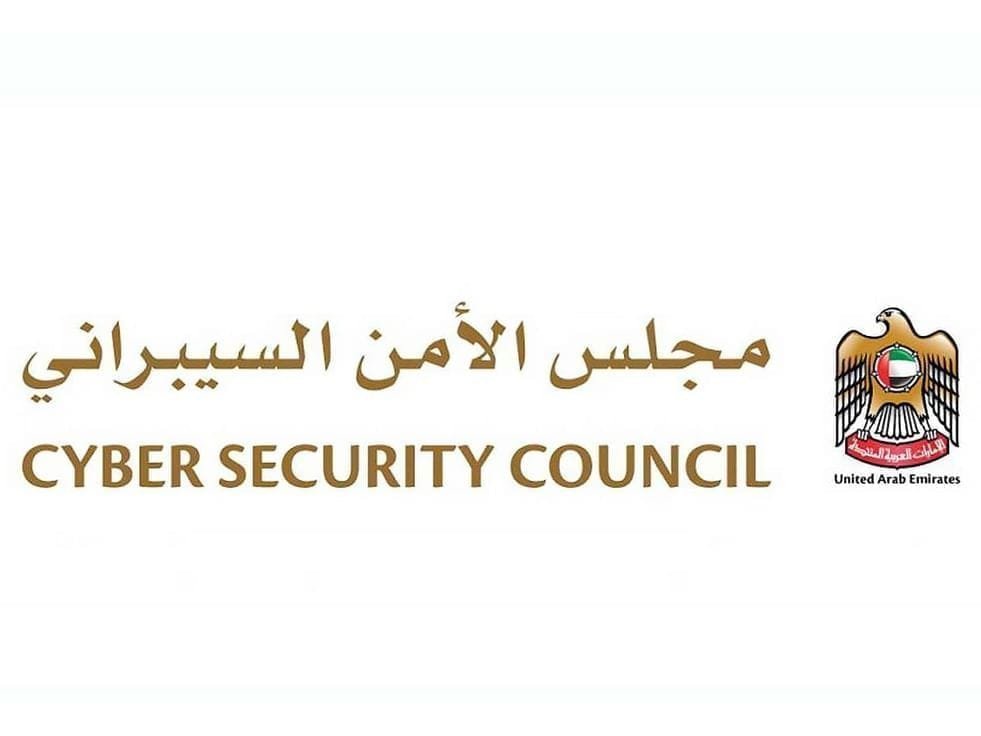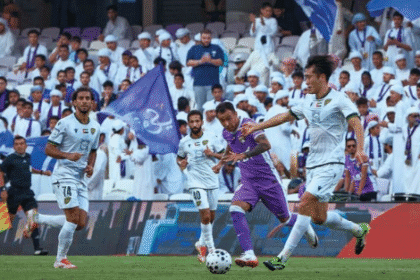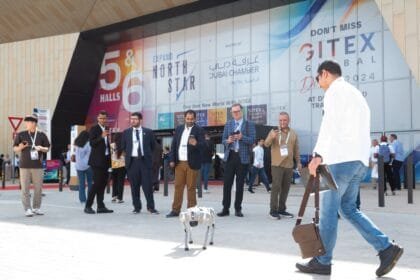Voice of Emirates – The support of the United Arab Emirates has made a tangible difference in the success of the Puntland region of Somalia’s counterterrorism efforts,
particularly in confronting the terrorist organization ISIS.
This has contributed to consolidating stability in this autonomous region within the Federal Republic of Somalia.
Since 2011, the UAE has strengthened its security and development partnership with the Somali government,
playing a pivotal role in building the country’s security and defense institutions,
most notably the establishment of the Puntland Maritime Police Force.
whose role has evolved from combating piracy to combating terrorism,
In addition to establishing a military training center in Mogadishu,
training hundreds of military and security personnel, and paying the salaries of
more than 2,400 government soldiers, according to the Washington Institute for Near East Policy.
The UAE’s initiatives also included a humanitarian aspect,
through the establishment of Sheikh Zayed Hospital in Mogadishu,
which provides free services to approximately 300 patients daily.
A crucial role in Puntland
In Puntland, the UAE presence has clearly strengthened the capabilities of local forces. Former Puntland President Abdiweli Mohamed Ali noted,
However, UAE support has played a pivotal role in rebuilding the Somali armed forces.
The UAE also helped train special operations forces and supported Puntland’s campaigns against ISIS in rugged mountainous terrain.
Since 2012, the UAE has been training, equipping and funding the Puntland Maritime Police Force (PMPF),
headquartered in Bosaso, with bases in several coastal towns such as Qandala and Hafun,
In addition to the Jaljalah Mountains, the force was established in 2011 to deter piracy in the Gulf of Aden.
But it gradually became an active player in the fight against terrorism.
The power of the Emirates
The UAE has been providing monthly salaries to its 2,000 citizens since its founding.
According to security reports, a small Emirati special force was stationed around Bosaso airport,
To support field operations and assist the Maritime Police Force.
The UAE is believed to have carried out airstrikes on ISIS strongholds in northeastern Somalia.
Based out of a large base it funds in Bosaso, according to the International Institute for Strategic Studies (IISS).
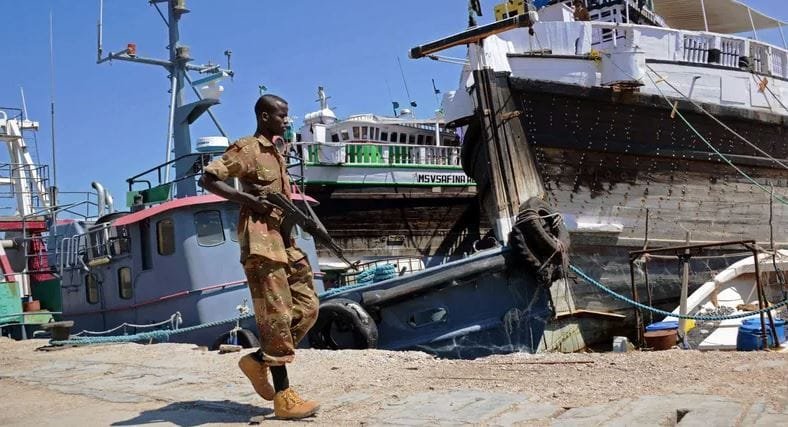
Return control
In February 2025, regional security forces, with Emirati and American support, made significant progress against ISIS.
Airstrikes and field shelling resulted in the deaths of more than 150 ISIS members, most of whom were foreign fighters.
Puntland, with the support of its allies in the United Arab Emirates,
announced that it had regained control of more than 300 square kilometers of mountainous areas that were a major stronghold for ISIS, according to Puntland State.
According to a press release issued by the Puntland government on February 20, 2025,
Combating terrorism
The operations targeted areas surrounding the Togh-Jisil Valley,a rugged and remote valley that has long been a haven for ISIS militants.
The ground attack, carried out by Puntland’s elite counter-terrorism unit, killed more than 15 foreign ISIS fighters,
Meanwhile, UAE-led airstrikes killed 29 other militants in the villages of Damdamali and Tog-Damdamali.
This successful operation represents a significant achievement in the Helaq campaign,launched in early 2025 with the aim of completely eliminating ISIS from Puntland.
Since then, Puntland forces have been waging a difficult and complex battle against the extremist group, in some of the most difficult and rugged terrain in the region.
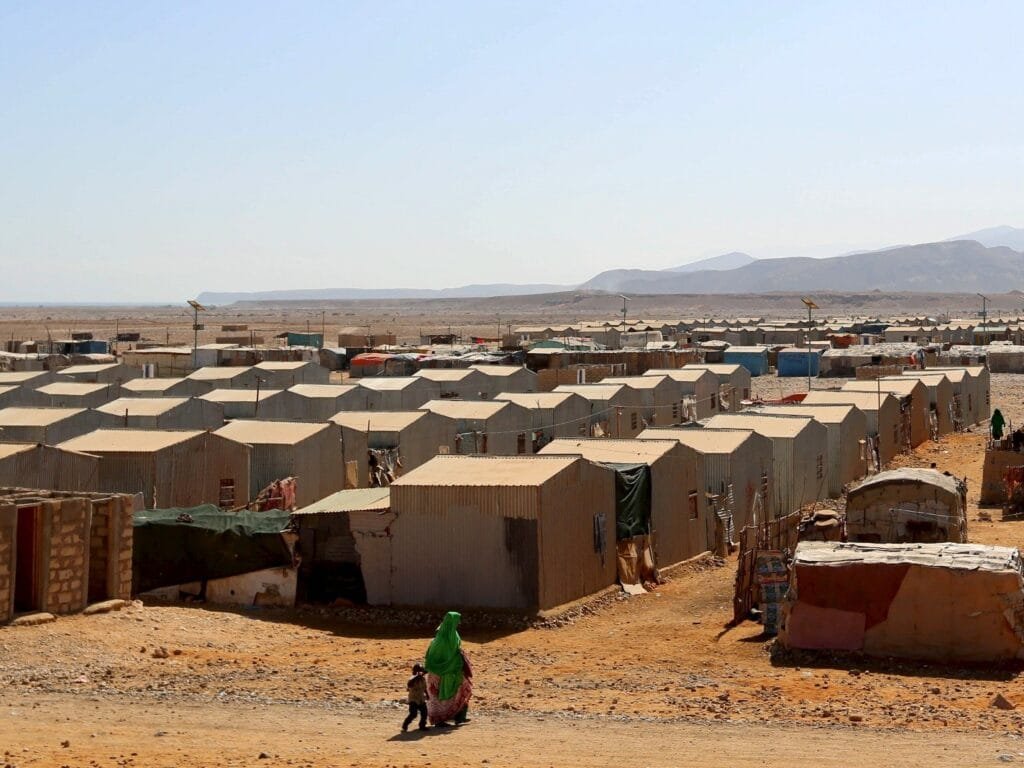
The last strongholds of ISIS
The Kale-Masqad Mountains, located in northeastern Puntland, have long been a stronghold for ISIS.
This rugged and remote terrain, characterised by steep slopes, narrow valleys and dense vegetation,
A natural haven for militants seeking to evade detection and launch attacks on civilian and military targets.
ISIS has used the Kale-Masqad Mountains as a base for its terrorist operations in Puntland and beyond.
The organization established a network of camps, training facilities and supply routes in the region,
Which enabled him to continue his operations and attract new recruits from all over the Horn of Africa and beyond.
Support Jubaland
Emirati support for Somalia is not limited to Puntland only, but also includes Jubaland forces and federal military police units,
which were trained in Uganda, Ethiopia and Egypt.
In addition to funding of up to $9 million per month, the army has been able to form new brigades to participate in the campaign against Al-Shabaab.
Since at least the summer of 2023, the UAE has launched drone strikes and provided vehicles and training to Jubaland forces.
Its leader, Ahmed Mohamed Islam, has long maintained close ties with Abu Dhabi.
Emirates is now likely building another base near Kismayo, the capital of Jubaland.
With the withdrawal of the African Union Mission in Somalia (ATMIS), the UAE-trained forces are now the most prepared alternative.
As part of a government plan to create a force of 30,000 soldiers, 40,000 police officers, and 8,500 prison guards.
Regional player
On a broader level, the UAE has emerged as an influential regional player in Africa. In 2022 and 2023,
It pledged $97 billion in investments on the continent, three times more than China, between 2019 and 2023.
UAE companies have announced projects worth $110 billion in Africa.
Of this amount, US$72 billion has been allocated to renewable energy projects.
It has also expanded its defense engagement, becoming a security partner to more than 20 countries,with a particular focus on East Africa and the Sahel region.
Puntland experience
The Puntland experience shows that local forces, supported by external funding and training from the UAE,
can be more effective in fighting armed groups than federal authorities.
Despite limited resources, the future of the campaign against ISIS
and al-Shabaab depends on a combination of international support and local political will,
which Puntland currently appears to possess.
The most important challenge remains ensuring that this support is an incentive to build self-sufficient national security institutions, not…
A tool that relies solely on external aid to ensure the long-term security and stability of Somalia.




